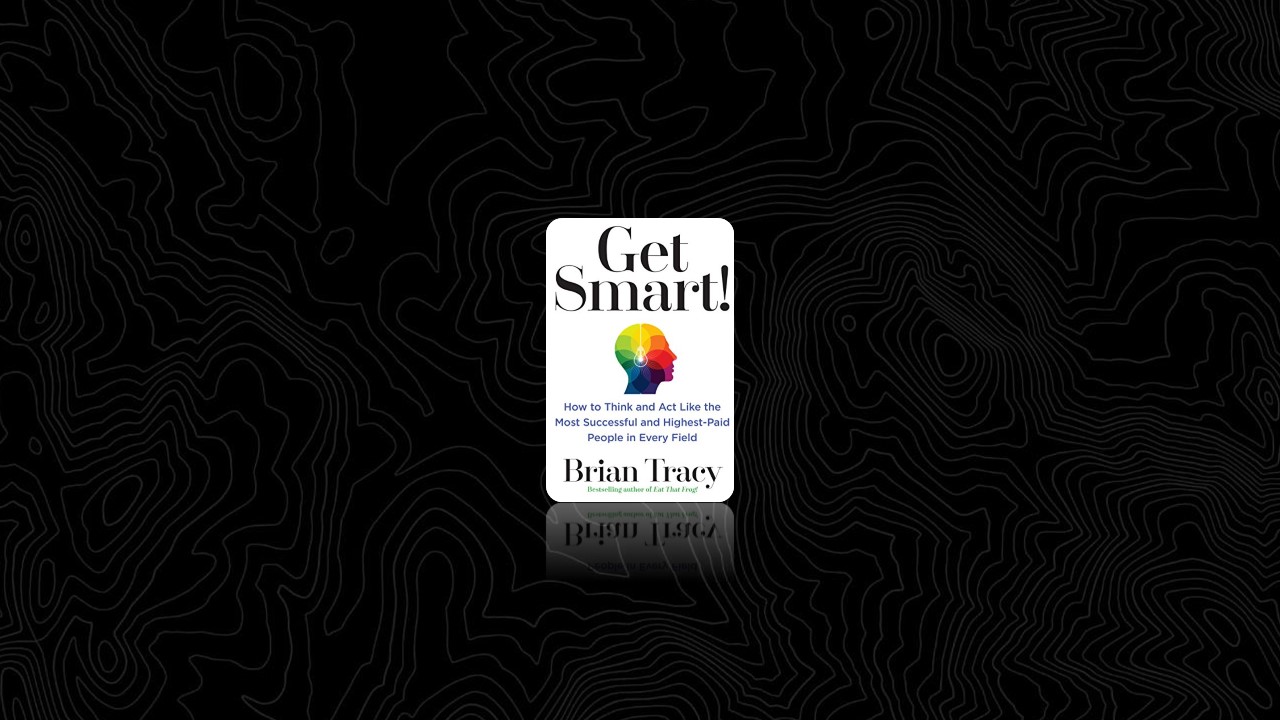Long-Time Perspective Versus Short-Time Perspective
Resolve today to develop long-time perspective. Become intensely future oriented. Think about the future most of the time.
Consider the consequences of your decisions and actions. What is likely to happen? And then what could happen? And then what?
Practice self-discipline, self-mastery, and self-control. Be willing to pay the price today in order to enjoy the rewards of a better future tomorrow.
And then take the first step. The dividing line between success and failure is not good intentions, hopes, wishes, and dreams. It is deciding what you want in each key area of your life and then taking the first step. And you can always see the first step.
Slow Thinking Versus Fast Thinking
One of the best habits you can develop is to practice thinking slowly in those areas where slow thinking is required.
Almost all of the mistakes we make in life come from not carefully considering the consequences of our actions beforehand.
Daniel Kahneman’s bestselling book, Thinking, Fast and Slow, is a major contribution to accurate thinking. Similar to the classic Straight and Crooked Thinking by R. H. Thouless and C. R. Thouless, Kahneman’s book explores and explains many of the reasons why we come to false conclusions which lead to actions that fail to achieve the results we desire.
The authors show how we accept information and make decisions based on partial information, selective statistics, or confirmation bias—seeking information that agrees with what we have already decided to believe.
The common conclusion of these studies into poor or sloppy thinking is the necessity of slowing down before we make a decision that can have significant positive or negative consequences in our lives and work.
One of the simplest ways to do this is to continually ask, “How do we know this is true?” before we accept a piece of information as the basis for a decision.
Informed Thinking Versus Uninformed Thinking
If you can gather all the information you need, and you can neutralize or remove the hidden flaw, you will make vastly better decisions than others.
This is where experienced thinking versus inexperienced thinking can be so valuable. Nothing replaces experience in a fast-moving, rapidly changing business or industry. Certain invaluable lessons can only be learned by trial and error, by having countless experiences and making innumerable mistakes in a particular area.
Experienced people develop what is called pattern recognition. When they are exposed to a new or existing business situation, they can identify patterns that they have seen before that led to either success or failure. They can immediately anticipate things that might happen that would render the business investment or decision invalid. They can quickly identify holes in the reasoning supporting the new idea. Because of the many patterns that they have seen in the past, they can quickly focus on the critical elements that can lead to success or failure.
Goal-Oriented Thinking Versus Reaction-Oriented Thinking
Perhaps the very best way for you to develop the “big three” of superior thinking—clarity, focus, and concentration—is for you to develop clear goals for every part of your life.
Fully 95 percent of success is developing clarity in the first place. You must become completely clear about who you are—your strengths, your weaknesses, your special talents and abilities—and what you want to do with your life. Then you must focus single-mindedly on one thing at a time, without diversion or distraction.
According to both Bill Gates and Warren Buffett, the ability to focus on one thing at a time is more responsible for success in our fast-moving, turbulent times than any other mental ability.
Finally, once you have decided who you are and what you want and have decided upon your point of focus, you must develop the discipline to concentrate single-mindedly on one thing at a time and stay with it until it is 100 percent complete.
Result-Oriented Thinking Versus Activity-Oriented Thinking
The 80/20 rule seems to apply to the world of work. Twenty percent of people are on the fast track, continually increasing their value, moving up, and earning more money. Eighty percent of working people in all fields are timeservers. They come to work at the last possible minute and leave at the first possible minute. While they are there, they use their time poorly in comparison with the people on the fast track.
According to Robert Half International, fully 50 percent of working time is wasted. Most working time is wasted in idle chitchat with co-workers. It is wasted in nonstop electronic distractions, answering e-mail, going on and off social media, replying to texts, and answering telephone calls. The average person, including managers, checks his e-mail forty-five times a day.
People waste their time by coming in late, leaving early, and taking extended coffee and lunch breaks. They read the newspaper, take care of personal business, and generally function at a low level of performance.
Positive Thinking Versus Negative Thinking
Successful people practice positive thinking most of the time. As a result, they are happier, more genial, more popular and derive more real pleasure from life than the average person.
The opposite of positive thinking is negative thinking. Negative thinkers tend to be hostile and suspicious. They are distrustful of others, and they expect negative things to happen to them most of the time. They have negative personalities and are highly critical of both themselves and the people around them. No matter what happens, they are seldom satisfied for any period of time. Life to them is a series of problems and difficulties over which they feel they have little control and about which there is nothing they can do.
Flexible Thinking Versus Rigid Thinking
In 1995, the Menninger Institute of New York conducted a study to determine the most important quality or qualities that would be necessary for business success in the twenty-first century. It finally concluded that the most important quality required for success would be “flexibility.”
It would be the ability to rapidly react and respond to the accelerating rate of change in all areas. The development of this attitude of flexibility, accepting that “the answers have changed,” would give an individual or an organization a tremendous advantage over more rigid and inflexible competitors.
Creative Thinking Versus Mechanical Thinking
You have more creative potential than you could use in a hundred lifetimes. The more of your creative ability you use, the more you can use. You actually become more creative each time you come up with something new. It is said that every child is born a genius, and this means you, throughout your lifetime.
It turns out that creativity is the single best indicator or predictor of success in life and in work. The more creative you are, the more and better ideas you will come up with to improve your life, work, and everything around you. One good idea can be enough to change the entire direction of your life.
Entrepreneurial Thinking Versus Corporate Thinking
Entrepreneurial thinking means focusing on the customers at all times, thinking about the customers continually.
Tom Peters wrote in the book In Search of Excellence that the single most important quality of successful businesses was “an obsession with customer service.”
Corporate thinking is different from entrepreneurial thinking. Company people, whether employees, managers, executives, or technicians, view customers either with disinterest or as problems who are always complaining or requesting something new or different. Customers are often seen as flies that have to be swatted and brushed away.
Entrepreneurs practice zero-based thinking continually in every area. They ask, “Is there anything that we are doing that, knowing what we now know, we wouldn’t get into or start up today?”
Entrepreneurs are more concerned with what’s right rather than with who’s right. They keep their egos out of the discussion.
Entrepreneurs are willing to admit, “I could be wrong.”
Entrepreneurs openly admit, “I made a mistake,” and then they get busy correcting the mistake as quickly as possible, rather than trying
Your ability to think like an entrepreneur rather than an employee will do more to liberate your full potential in your career than any other single factor. It might even make you rich.


